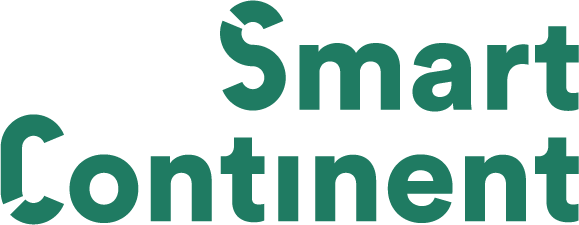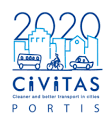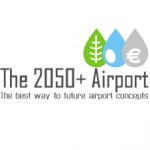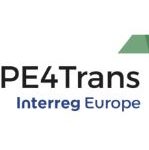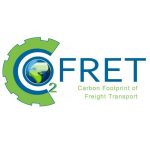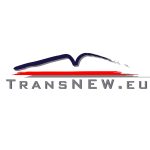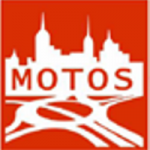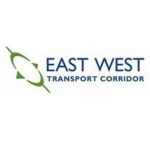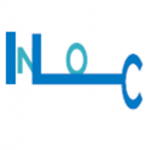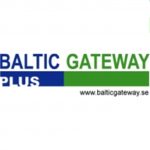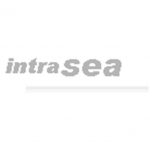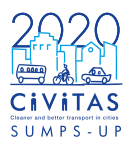Description
Since 2012, Smart Continent has been intensively involved in research and innovation activities in cooperation with leading European universities and institutes.
The institute carries out scientific research projects by working in consortia with other research institutions. In large-scale, long-term studies, we assume responsibility for tasks and work packages related to techno-economic or socioeconomic studies. We are experts in examining the impact of policy measures or innovations on specific population groups. In projects, we take responsibility for data collection and management methods and organise surveys and interviews. We are located in Vilnius and have very high competencies in understanding Europe’s context and cultural differences, which sometimes hinder the uniform application of innovations. Due to the different experiences of society, social structures, and climate, the same solutions are difficult to apply in southern and northern Europe.
In international consortia, we aim to update the specifics of relevant projects for European Union members who joined the EU after 2004. We actively involve local stakeholders in research and innovation projects and ensure the exchange of good experiences between different European cities.
The institute’s researchers, who focus on techno-economic research, mainly specialise in sustainable mobility, climate change management, renewable energy resources and energy efficiency. Socio-economists mainly specialise in the study of social phenomena involving inclusion and equality. The research we carry out increasingly forces researchers of different profiles to cooperate because the political precisely mostly overlap and complement each other, meaning the society benefits from the technical solutions.
